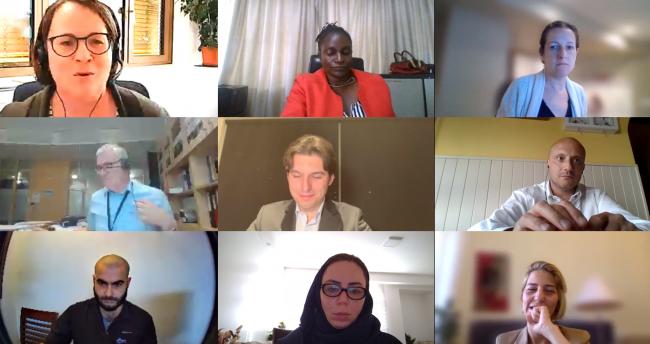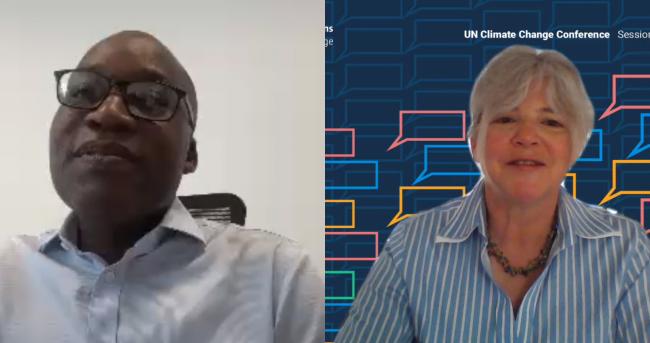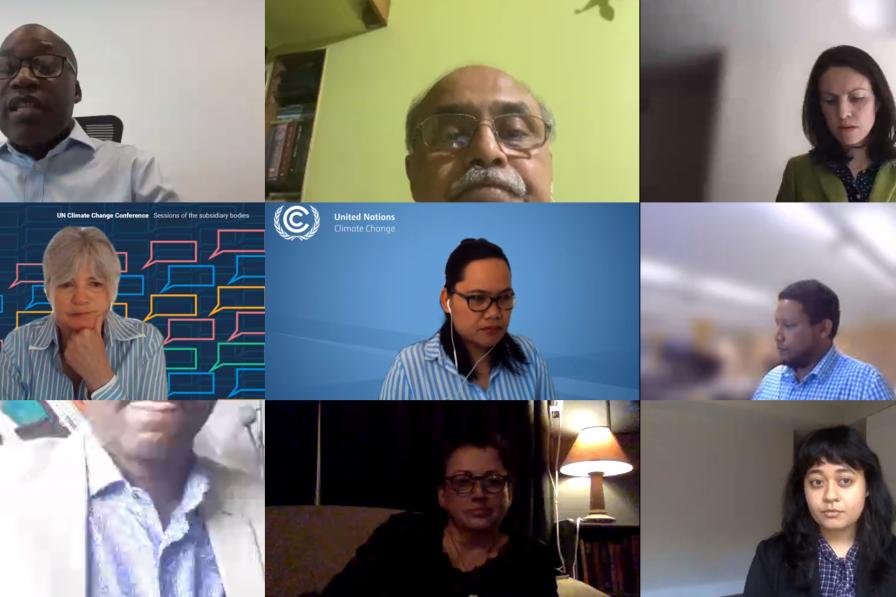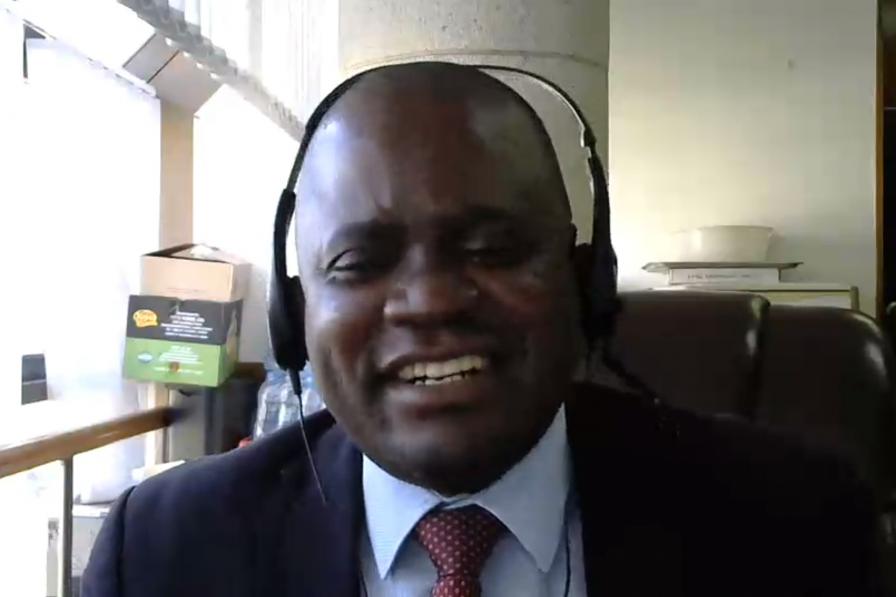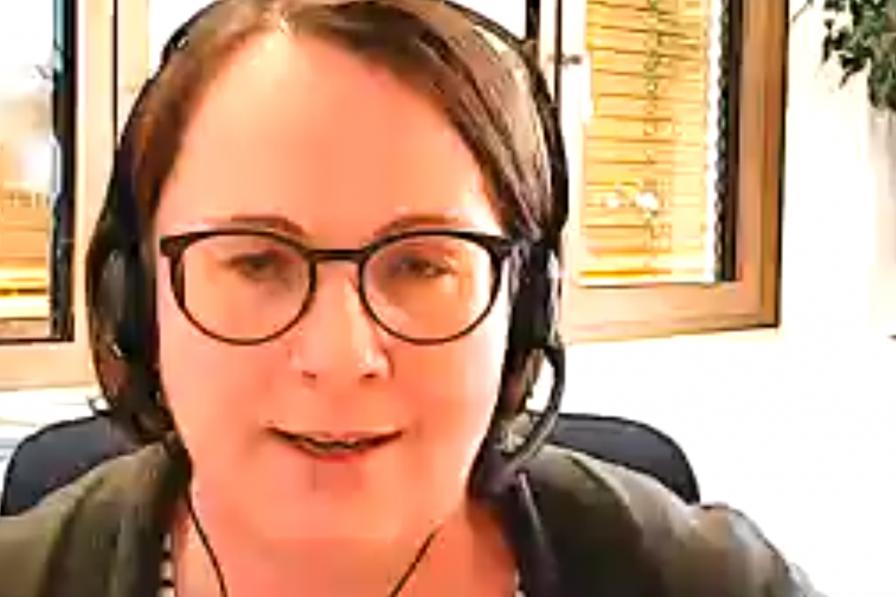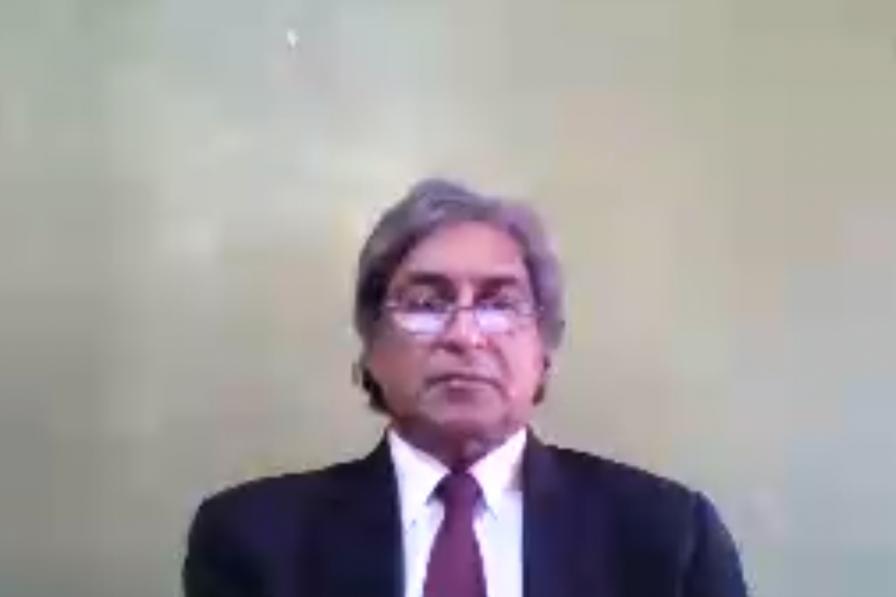The May-June 2021 UN Climate Change Conference continued online Tuesday to prepare for the 26th meeting of the Conference of the Parties (COP 26) in Glasgow, Scotland, scheduled for November 2021.
Informal consultations convened on a range of issues, including transparency, matters related to Least Developed Countries (LDCs), common time frames for nationally determined contributions (NDCs), and technology. Mandated events on issues such as agriculture also took place, and the COP 25 and COP 26 Presidencies, together with the Chairs of the Subsidiary Bodies, held an informal meeting with observers.
Transparency
In informal consultations on transparency, attendees discussed the path forward for negotiations under this item. There was a consensus that negotiations at this session should result in an informal note. Some parties supported full drafts of reporting tables being included in the informal note. Many stressed the informal note should incorporate all proposals from parties. Parties also exchanged views on:
- linkages between transparency and Article 6 (market and non-market mechanisms);
- building capacity for developing countries to fulfil transparency requirements;
- and the role of the Consultative Group of Experts.
Matters related to LDCs
Informal consultations under this item focused on the Least Developed Countries Expert Group (LEG), responding to the decision taken at COP 21 to review at COP 26 the LEG´s progress, need for continuation, and terms of reference. Delegates praised the work of the LEG and underscored the importance of support to LDCs for the preparation and implementation of National Adaptation Plans (NAPs) to weather the impacts of climate change. Points raised in the discussion included:
- clarifying the allocation of responsibilities between the LEG and other constituted bodies;
- streamlining the LEG´s work plan;
- and extending the LEG’s membership.
A proposal was made in favor of a ten-year extension of the LEG´s mandate rather than five years.
Common time frames for NDCs
Informal consultations on common time frames focused on the approach to negotiations. Many supported narrowing or clarifying the options for common time frames. Many groups and parties reiterated well-worn views on the merits of 5-year, 10-year, and 5+5-year timeframes. Co-Facilitator Kishan Kumarsingh, Trinidad and Tobago, said the remaining issues are “not irreconcilable.”
Alignment between processes pertaining to the review of the Climate Technology Centre and Network (CTCN) and the periodic assessment of the Technology Mechanism
Delegates’ discussions in these informal consultations were informed by a note prepared by the Secretariat on possible options, and their implications, for aligning the independent review of the CTCN and the periodic assessment of the Technology Mechanism. Delegates expressed a general preference for maintaining stand-alone processes, but aligning their timing. They reflected on the implications of extending the CTCN review cycle from four to five years, notably with regard to the hosting agreement for the CTCN with the UN Environment Programme. Delegates noted the need for further clarity on what alignment could mean beyond adjustments to timing.
To receive continuing coverage of this event delivered to your inbox, subscribe to the ENB Update newsletter.
